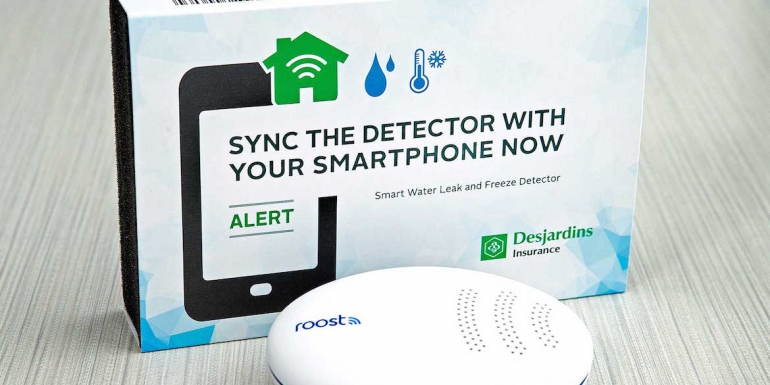
The Rise of InsureTech:
InsureTech, short for Insurance Technology, represents the integration of cutting-edge technologies such as artificial intelligence, big data analytics, and machine learning into the insurance industry. It aims to enhance traditional insurance processes, making them more efficient, accessible, and tailored to the needs of modern consumers.
The advent of InsureTech has been fueled by several factors, including:
- Changing Consumer Behavior: Today’s consumers are tech-savvy and demand convenient, digital-first solutions for their insurance needs.
- Emergence of IoT (Internet of Things): The proliferation of IoT devices has created new opportunities for insurers to gather real-time data and offer personalized coverage.
- Data Analytics: Advanced analytics enable insurers to assess risks more accurately, customize policies, and streamline claims processing.
- Demand for On-Demand Services: The rise of on-demand economy has led to the popularity of pay-as-you-go insurance models, providing flexibility and cost-effectiveness.
Smart Devices, Smart Coverage:
Smartphones, tablets, laptops, smartwatches, and other connected devices have become indispensable tools in our daily lives. These devices not only keep us connected but also store sensitive data and facilitate various tasks. However, they are also susceptible to accidents, theft, and technical failures. InsureTech companies recognize this vulnerability and have developed tailored insurance products to address it.
Key features of smart device coverage include:
- Comprehensive Protection: Smart device insurance typically covers a wide range of risks, including accidental damage, liquid damage, theft, and mechanical breakdowns.
- Global Coverage: Many policies offer worldwide coverage, ensuring peace of mind whether you’re at home or traveling abroad.
- Quick Claims Processing: InsureTech firms leverage automation and digital platforms to expedite the claims process, allowing customers to file claims and receive payouts swiftly.
- Value-Added Services: Some insurers offer additional perks such as device diagnostics, remote troubleshooting, and data backup services to enhance the overall customer experience.
- Flexible Payment Options: Customers can choose from monthly, annual, or pay-as-you-go plans, tailoring coverage to their budget and usage patterns.
The Role of Data and Analytics:
Data lies at the heart of InsureTech, empowering insurers to make informed decisions and deliver personalized services. By analyzing vast amounts of data generated by smart devices, InsureTech companies gain insights into customer behavior, risk profiles, and market trends. This data-driven approach enables them to refine pricing strategies, underwrite policies more accurately, and detect fraudulent claims.
Furthermore, IoT devices play a pivotal role in risk mitigation and loss prevention. For instance, connected home security systems can detect intrusions and alert homeowners and authorities in real-time, potentially reducing the incidence of theft and property damage. Insurers may incentivize the adoption of such devices by offering discounts or premium rebates, thereby creating a win-win situation for both parties.
Challenges and Opportunities:
While InsureTech holds immense promise, it also faces several challenges on the road to widespread adoption. These include regulatory hurdles, data privacy concerns, and cybersecurity risks. Insurers must navigate these challenges adeptly to earn the trust of consumers and regulators alike.
Moreover, as the InsureTech landscape continues to evolve, there are bound to be disruptions and market consolidation. Traditional insurers may face increasing pressure to innovate and collaborate with InsureTech startups to stay competitive in a rapidly changing industry.
Despite these challenges, the future looks promising for InsureTech. As technology continues to advance and consumer expectations evolve, InsureTech companies will play a crucial role in shaping the insurance industry of tomorrow. By harnessing the power of technology and data, they can offer smarter, more efficient solutions that meet the needs of today’s digital consumers.
Conclusion:
In conclusion, InsureTech represents a paradigm shift in the insurance industry, offering smart coverage for our smart devices. By leveraging technology, data, and innovation, InsureTech firms are redefining the way we protect our valuable assets. From smartphones to smart homes, these companies are providing comprehensive, personalized insurance solutions that empower consumers to embrace technology with confidence. As we embrace the digital age, InsureTech will undoubtedly continue to play a pivotal role in safeguarding our increasingly interconnected world.
 Accident Lawyers Offshore Accident Lawyers – Offshore Injuries & Jones Act Lawyer
Accident Lawyers Offshore Accident Lawyers – Offshore Injuries & Jones Act Lawyer



